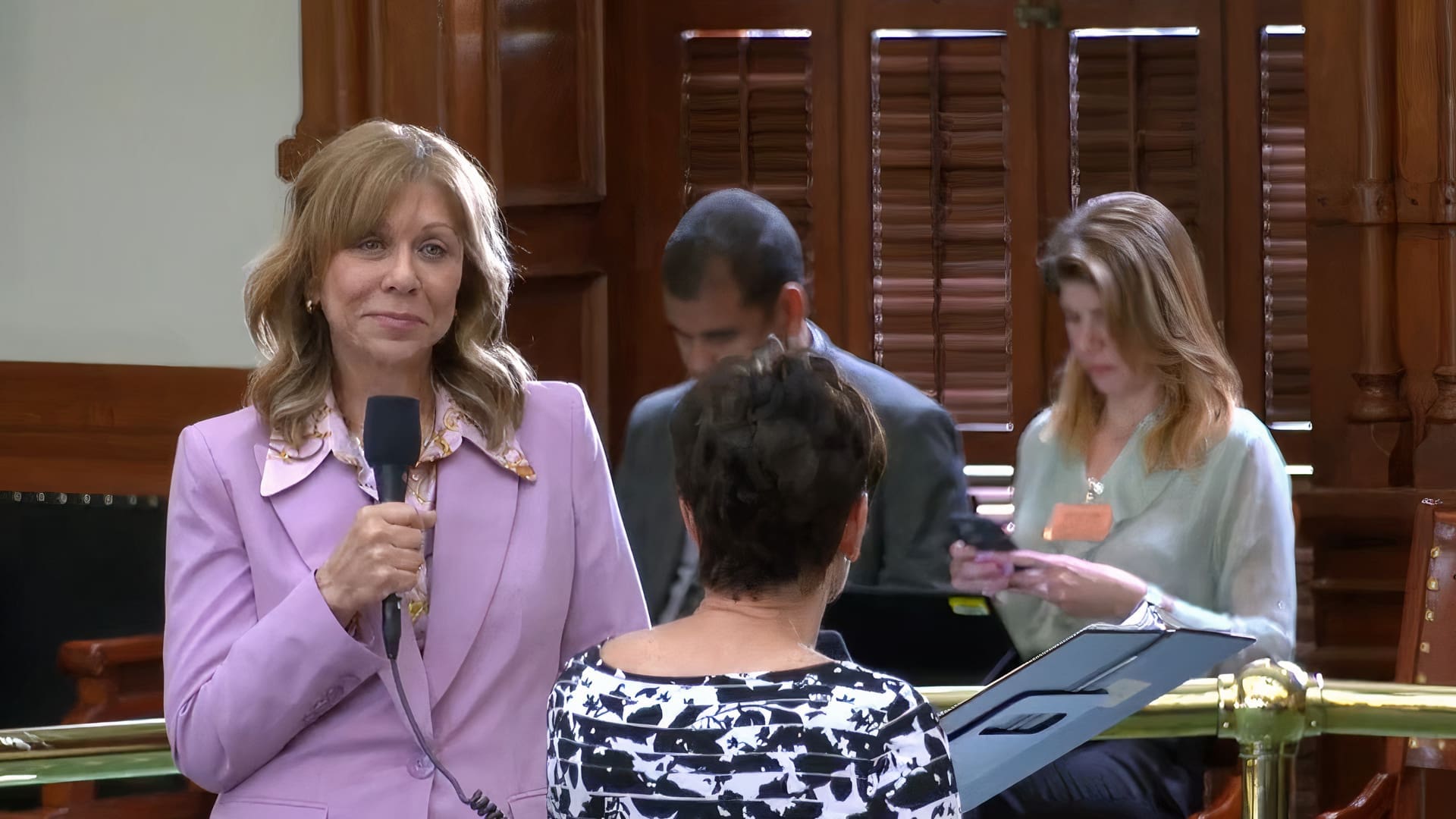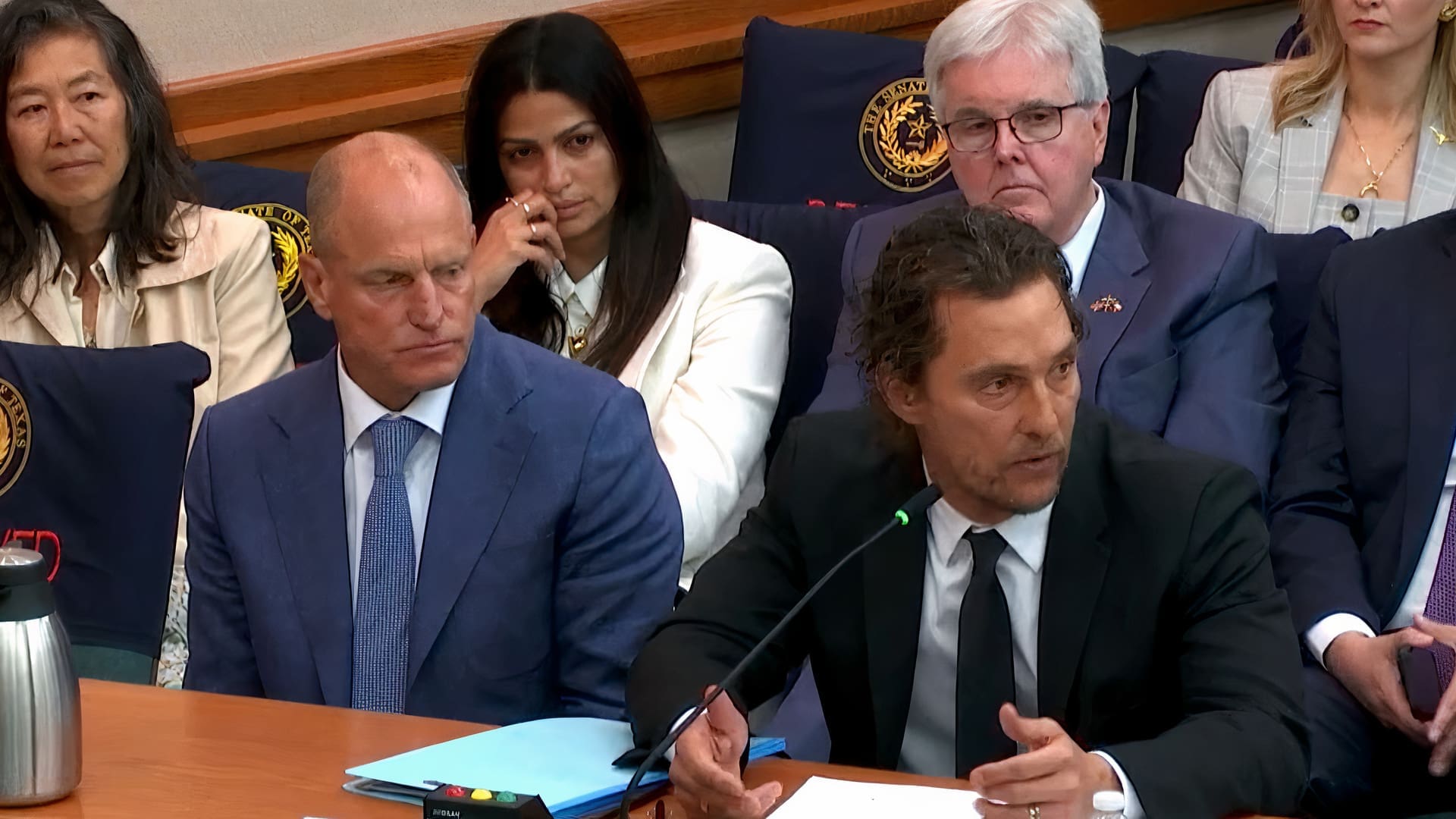Last year, Amazon.com Inc., the largest internet company in the world with revenues approaching $235 billion, announced plans for a new headquarters. Shortly after, Amazon began soliciting proposals from localities for its site-selection process, with a focus on deal-sweetening incentive packages.
Having already capitalized on close to $1.24 billion in state and local incentives for other projects, the tax-break packages and taxpayer cash being laid out before the e-commerce giant has the potential to dwarf that figure, in a single deal — the ones we know about, anyway.
That’s because cities across the country have kept their dealings with Amazon “shrouded in secrecy.”
Houston isn’t on the list of 20 finalists, but emails relating to the city’s bid hinted at a package of city, county, and state incentives worth $268 million. The entities developing proposals for Dallas and Austin, which are among the finalists, are claiming that information related to incentive packages are exempt from public disclosure.
Those two cities’ bids were handled through regional economic development groups, which, as a result of two recent state court rulings over disclosure, are claiming an exemption that now is based on a disclosure resulting in any competitive disadvantage, instead of a decisive one, and applying it to businesses rather than governmental entities.
In a stark example of the extent of secrecy surrounding these deals, Maryland’s Montgomery County disclosed a 10-page document of incentives with every single line of text redacted.
“I think a lot of us believe this, that democracy dies in darkness, that certain institutions have a very important role in making sure that there is light.” – Amazon CEO, Jeff Bezos, ironically championing transparency in 2016
At the high end, incentives and tax breaks can add up to billions, leaving existing taxpayers and businesses on the hook for services utilized by the favored company and the unfair burden of paying in while the recipient does not. Aside from traditional handouts, Washington, D.C. went so far as to propose an Amazon University, described as a “customized education and training center for Amazon … at government’s expense.”
The details of Austin’s first-round bid, developed by the Greater Austin Chamber of Commerce, have yet to be disclosed. Attempts to procure related emails between the city and Chamber were stifled when the Assistant Attorney General ruled the emails could be withheld.
While Mayor Steve Adler has claimed no incentives were offered by the city, Austin could later supplement the existing bid with Chapter 380 incentives that include loans, grants, and tax abatements. State cash incentives such as those provided through the Texas Enterprise Fund are expected to be part of any deal as well.
“I don’t know what we offered Amazon in terms of financial incentives, but I believe Amazon wants to see the biggest incentive package that any city will offer them,” said Leslie Pool, a member of the Austin City Council.
In Dallas, a similar situation is unfolding, where records requests submitted to the Dallas Regional Chamber are being kept confidential, although officials have said that the North Texas bid will be competitive with other packages that run into the billions offered elsewhere.
“Now they’re in a game competing with one another to throw money at one of the most powerful companies in the world run by one of the world’s richest men,” said Richard Florida, a professor at the University of Toronto, who helped develop that city’s bid. He resigned to sound the alarm over the lack of transparency in the bidding process.
“I think the lack of transparency of this whole process is galling,” he said. “This has to be all out in the public. This is taxpayer money.”
Once Amazon has chosen a site, taxpayers will eventually be told the breadth of incentives promised to subsidize a multibillion-dollar corporation. According to Florida, when taxpayers discover that price tag, “there is going to be hell to pay.”




